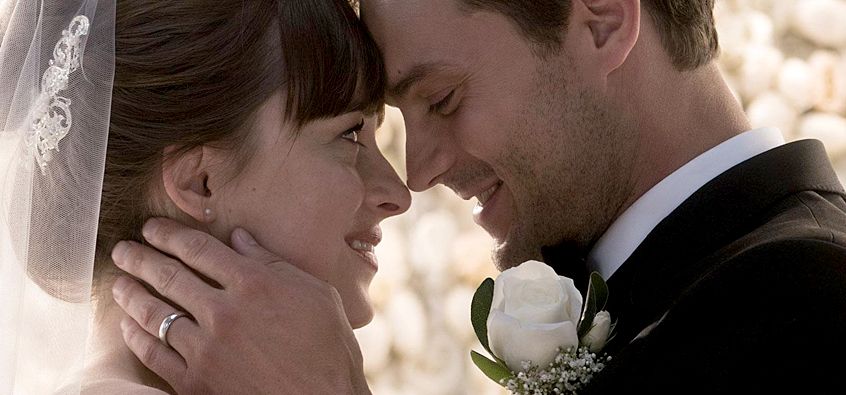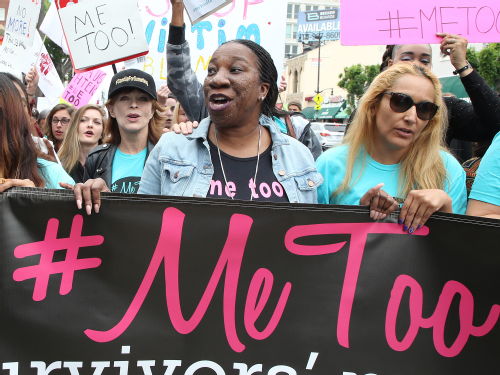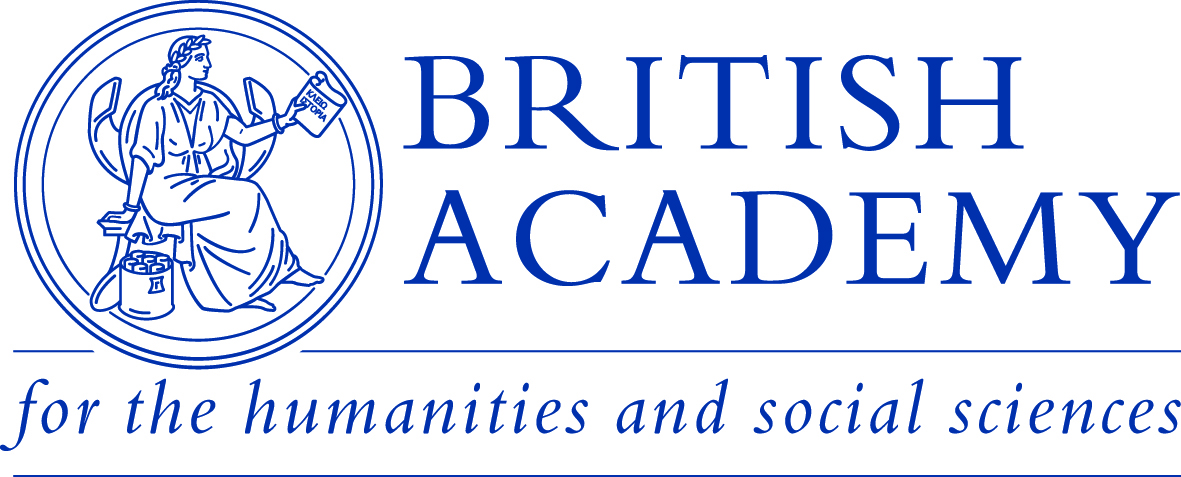Imagining ‘We’ in the Age of ‘I’
Romance and Social Bonding in Contemporary Culture
The edited collection arising from this award co-edited by Dr. Mary Harrod with Professor Diane Negra (UCD) and Professor Suzanne Leonard (Simmons University) has won a MECCSA Outstanding Achievement Award (Edited Collection of the Year, 2022).
You can also read some of the editors' thoughts on 'Romance in the Time of Coronavirus' (published in SCMS+ 'Short Attention Span Criticism,' June 2020); or for a related journalistic piece by Harrod see Has less sex in real life led to more raunch on our screens? (theconversation.com).
The goal of this British Academy-funded project is to bring into dialogue individuals researching contemporary romance, broadly defined, within different disciplines, as well as beyond academia.
 The intellectual aim stems from the fact that romance, as a discourse deriving from eleventh-century ballads that has come to denote social practices, is strikingly reliant on narrative to determine its specificities. Its originary and privileged relation to narrative fiction demands that we interrogate fictionalisations of and attendant imagined notions about couple formation and related social interactions in order to further understandings of social norms in this domain. Major changes in gender roles, work and mobility patterns and especially technology in recent years have led to a flurry of interest in perceived threats to social bonding across the humanities and sociology, including crossover popular books. More recently, questions about the power dynamics behind 'romanticised' sexual behaviours have come to the forefront of the public imagination.
The intellectual aim stems from the fact that romance, as a discourse deriving from eleventh-century ballads that has come to denote social practices, is strikingly reliant on narrative to determine its specificities. Its originary and privileged relation to narrative fiction demands that we interrogate fictionalisations of and attendant imagined notions about couple formation and related social interactions in order to further understandings of social norms in this domain. Major changes in gender roles, work and mobility patterns and especially technology in recent years have led to a flurry of interest in perceived threats to social bonding across the humanities and sociology, including crossover popular books. More recently, questions about the power dynamics behind 'romanticised' sexual behaviours have come to the forefront of the public imagination.  Meanwhile, however, new platforms have boosted the sales of literary romance and new media given impetus to new iterations such as fan fiction in the genre, while in many western countries divorce rates are falling for the first time in decades. The project seeks to understand how and with what results cultural narratives enshrining social bonding may contribute to withstanding the seemingly unstoppable spread of individualistic ego-cultivation emblematised by online cultures and global capitalism more generally, including within and through those same frameworks.
Meanwhile, however, new platforms have boosted the sales of literary romance and new media given impetus to new iterations such as fan fiction in the genre, while in many western countries divorce rates are falling for the first time in decades. The project seeks to understand how and with what results cultural narratives enshrining social bonding may contribute to withstanding the seemingly unstoppable spread of individualistic ego-cultivation emblematised by online cultures and global capitalism more generally, including within and through those same frameworks. It thus raises questions drawn from domains including cultural studies, media studies, gender studies, literary studies, sociology, psychology, history and philosophy.
It thus raises questions drawn from domains including cultural studies, media studies, gender studies, literary studies, sociology, psychology, history and philosophy.
The project will initially be served by three events:
- an academic symposium at the University of Warwick on 28th September 2018
- a public screening and panel discussion in the Warwick Arts Centre on 29th September and
- a follow-up study day on March 29th 2019.
These will lead to the establishment of a research network - please follow us on Facebook https://www.facebook.com/imaginingromance/ and, for live updates, Twitter @WeintheAgeofI1.
The project has been made possible thanks to the support of the British Academy’s Rising Star Engagement Award, including its FBA champion Professor Stella Bruzzi (UCL), in conjunction with the University of Warwick’s Global Research Priorities scheme.
British Academy Rising Star Award-holder: Dr. Mary Harrod

For more information please contact Imaginingromance at warwick dot ac dot uk
How to get to The University of WarwickLink opens in a new window
